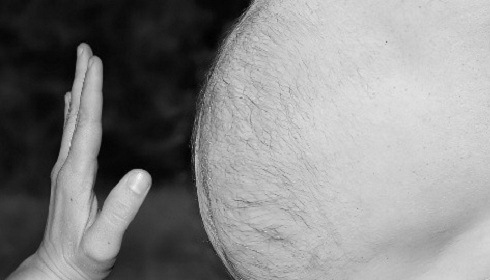
Munching junk food nullifies advantages of healthy meals for a quarter of the population, finds study
Obesity has been a worldwide health concern in recent decades, with chronic ailments such as heart disease and diabetes linked to excess body fat. Constant public awareness campaigns have expanded public awareness of the global epidemic of obesity
However, the constant bombardment has led many individuals to prefer healthy foods, and many have limited their diet habits to healthier items with occasional junk food indulgences.
Now a new study has found that a quarter of people are reversing the benefits of healthy meals by snacking on unhealthy foods, increasing their risk of stroke and cardiovascular disease.
Researchers from the School of Life Course and Population Sciences and ZOE recently published findings in the European Journal of Nutrition on the snacking habits of 854 people from the ZOE PREDICT project. They found that half of the individuals did not match the healthiness of their meals to their snacks, negatively impacting their health measurements.
Commenting on the study findings, Dr Sarah Berry from King’s College London and chief scientist at ZOE said, "Considering 95% of us snack and that nearly a quarter of our calories come from snacks, swapping unhealthy snacks such as cookies, crisps, and cakes for healthy snacks like fruit and nuts is a really simple way to improve your health."
The study found that the United Kingdom is a snacking nation, with cereal bars, pastries, and fruit accounting for 24% of our daily energy intake. The average daily snack intake among snackers (95% of the cohort) was 2.28 snacks per day, with 47% eating two snacks per day and 29% eating more than two.
Contrary to conventional assumptions, the study found that snacking is not unhealthy if the snacks are healthy.
According to the researchers, people who ate high-quality snacks such as nuts and fresh fruits on a regular basis were more likely to have a healthy weight than those who did not eat at all or snacked on harmful foods.
Additionally, the study found that eating high-quality snacks can improve metabolic health and reduce appetite.
The study found that 26% of respondents reported eating nutritious meals but consuming poor-quality snacks, which are linked to worse health outcomes, increased BMI, visceral fat mass, and postprandial triglyceride concentrations, which are linked to metabolic disorders like stroke and cardiovascular disease.
Among the most popular snacks, including cookies, fruit, nuts, cheese, butter, cakes, pies, and cereal bars, researchers said that cakes and pies have the highest calorie content, followed by breakfast cereals, ice cream, pastries, candy, cookies, and nuts, the researchers said.
Researchers stated that chomping snacks after 9 p.m. is associated with poorer blood markers than all other snacking hours, emphasising that nibbling timing is as crucial for health as eating.
"This study contributes to the existing literature that food quality is the driving factor in positive health outcomes from food. Making sure we eat a balanced diet of fruit, vegetables, protein, and legumes is the best way to improve health," Dr Kate Bermingham from King’s College London and senior scientist at ZOE said.